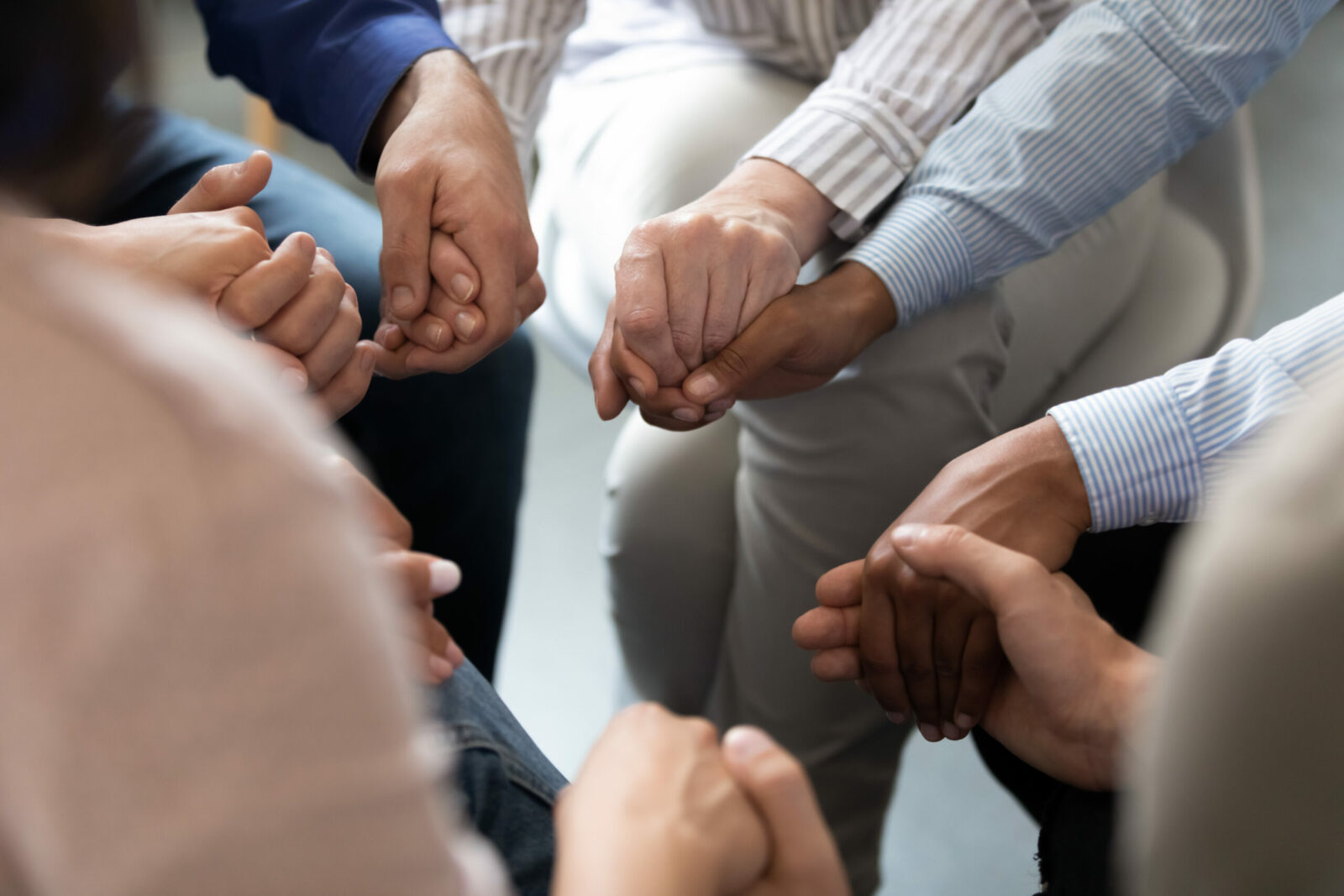- An apology shows you’re thinking of them
People often feel invisible, forgotten, and alone. Just the simple act of apologizing can be a gift for the other person. They feel like they are seen and that someone at least cares how they feel.
It also shows how much you’ve grown since the infliction of the injury. Swallowing your pride can be
difficult. Most people don’t apologize, so don’t be most people.
Show them they are not forgotten. Show them that you are sorry for what you’ve done. - You can rebuild a broken relationship or make sure the harm caused doesn’t happen again
Be mindful that this takes effort from you and the other person.
Fix it because it is never too late to apologize and make amends. - Allows you to reflect upon your growth
A lot of people think of apologizing as weak and foolish. It’s something best left to the movies or to a
pushover. Those people would be wrong.
If you go from the previously mentioned school of thought to one that’s accepting of vulnerability, you are able to see how far you’ve come and how much you’ve grown as a person.
It takes a lot to be able to say, “I’m sorry.” Prove to yourself how powerful you are and say it with
sincerity.
IN CIRCLE | HARM EXERCISE
- Think of a time when you were harmed:
How did you feel? What did you need? What did wish someone had said or done? - Think of a time when you harmed someone else.
How did you feel? What did you need? What did wish someone had said or done? - Think of all of the people that have wronged you.
How would it make you feel if they could apologize to you? - Think of all the people you’ve wronged or never reconnected with.
Are there any people who you can apologize to? If you could would you?
